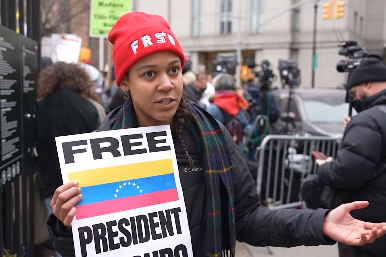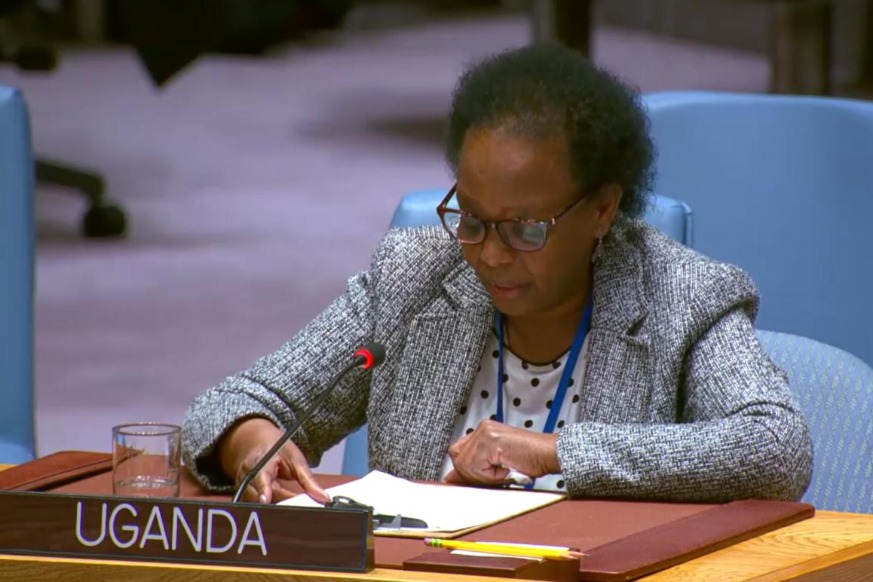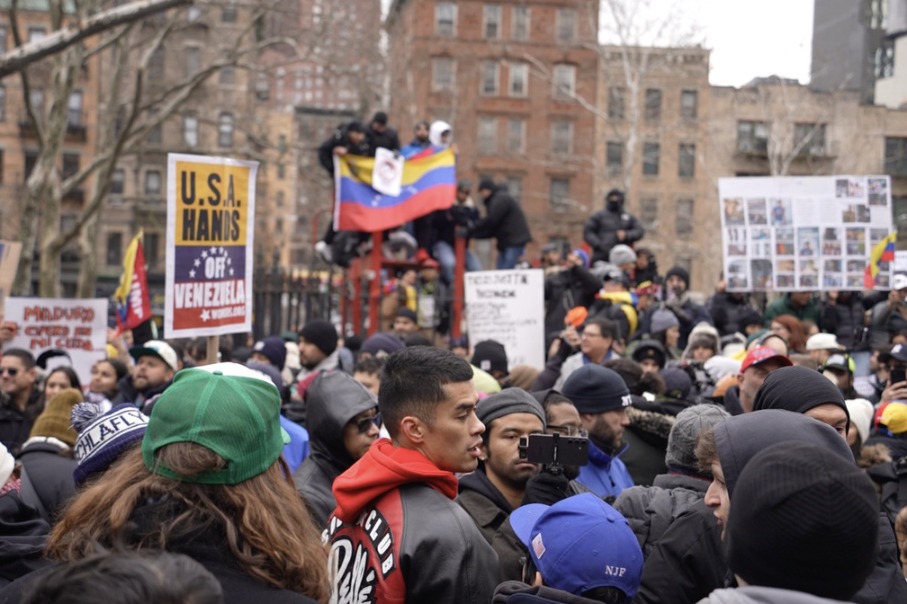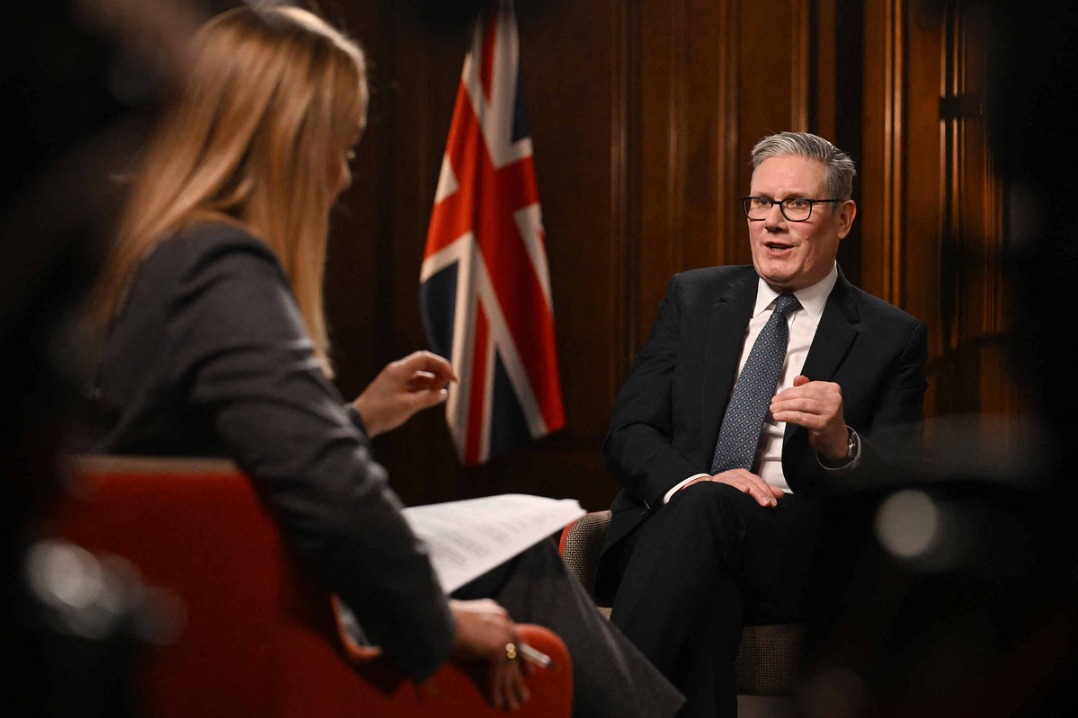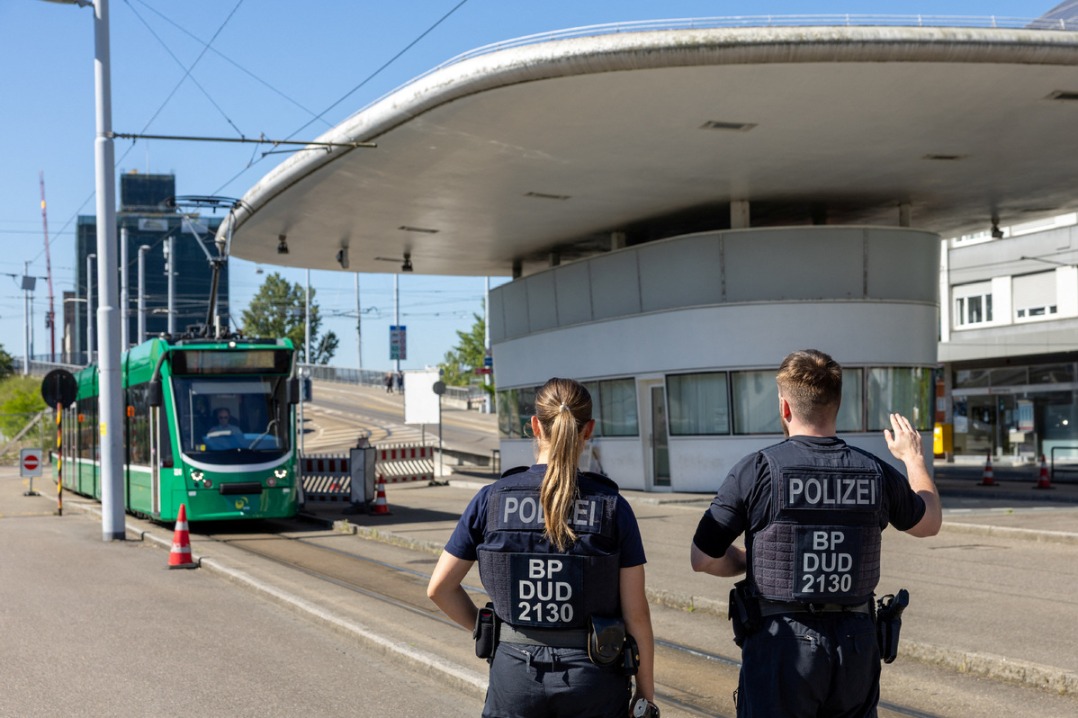UK struggles to attract EU drivers amid fuel crisis


There has been a lack of applications from fuel truck drivers based in the European Union to come to the United Kingdom and help tackle the nation's fuel supply crisis after the government temporarily reversed its post-Brexit immigration rules last week.
Petrol retailers in the UK said the country's fuel crisis remained a "challenge" with some areas around London and the southeast of the country still without supply on Monday, though the government insisted the situation was improving.
Immigration laws were provisionally changed to give 5,000 visas to EU drivers willing to operate in Britain to help ease the situation. The government said 300 drivers could arrive immediately to drive oil tankers, but there have been few applicants.
The Times newspaper reported just 27 fuel tanker drivers had applied.
"People don't want to come unless it is a really attractive alternative," Rod McKenzie, director of policy at the Road Haulage Association, told the newspaper. "You don't give up a well-paid job for a better-paid job if it will only last a few months."
Prime Minister Boris Johnson told the BBC on Tuesday that the haulage industry gave the government a list of just 127 names of foreign drivers who would be willing to come to the UK.
"What that shows is the global shortage," he said.
EU drivers may prefer to find visa-free work in other European countries that are also experiencing the chronic deficit, according to analysis by jobs site Indeed.
It noted that there had been a 307 percent spike in interest in UK-based driving jobs from truckers in countries such as India, the United Arab Emirates, South Africa, Poland, and Nigeria.
This is likely because it is no easier for an EU-based driver to get a UK job than it is for a non-EU candidate, said Indeed.
Quoted by finance paper CityAM, Indeed's UK economist, Jack Kennedy, said: "The fact that so many other European countries are wrestling with their own driver shortages means EU-based drivers may opt to stay close to home, rather than move to post-Brexit Britain."
The armed forces have been drafted in to help deliver fuel to UK petrol stations amid ongoing driver shortages, with almost 200 military personnel due to be deployed in those southern areas worst hit, British media reported.
A survey by the Petrol Retailers Association, or PRA, showed that around a fifth of fuel stations around London and the southeast still had low supplies on Monday. It said the shortages could continue for another week.
The PRA told Sky News the continued shortages in the southeast were because of the larger population and smaller number of fuel stations per head.
Across the rest of the country the shortage looks to have nearly ended, reported The Guardian.
Chancellor of the Exchequer Rishi Sunak told broadcaster ITV the "situation is definitely improving".
A government spokesperson said: "We are working closely with industry to help increase fuel stocks and there are signs of improvement in average forecourt stocks across the UK with demand continuing to stabilize."
Meanwhile, soaring wholesale gas and electricity prices continue to cause turmoil in the UK energy sector.
The nation's energy regulator Ofgem said more than 230,000 households have been moved to leading supplier E.ON Next after three rivals in the sector collapsed.
It said customers from Enstroga, Igloo Energy, and Symbio Energy would all be switched to E.ON, and could continue to use gas and electricity as before.
The Independent newspaper noted that the three failed suppliers were among nine casualties in the sector since the beginning of September.
















